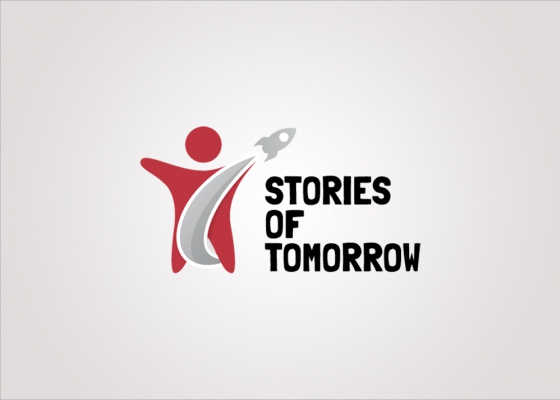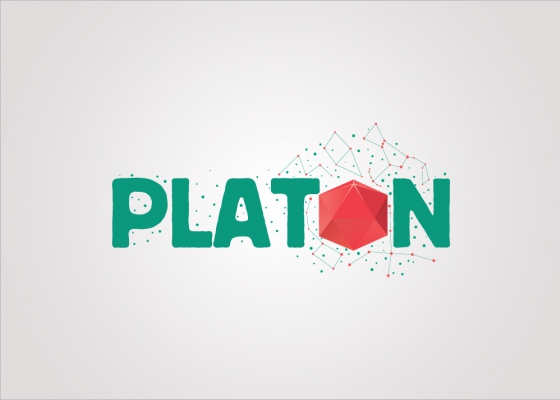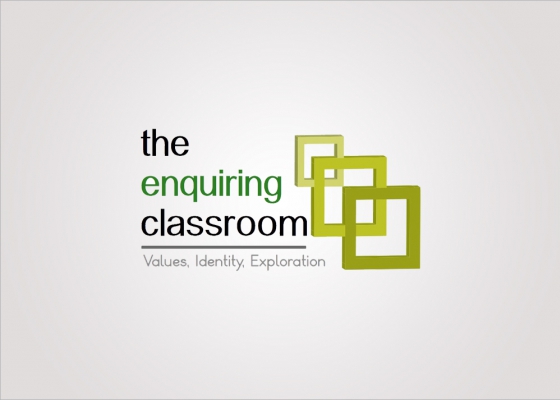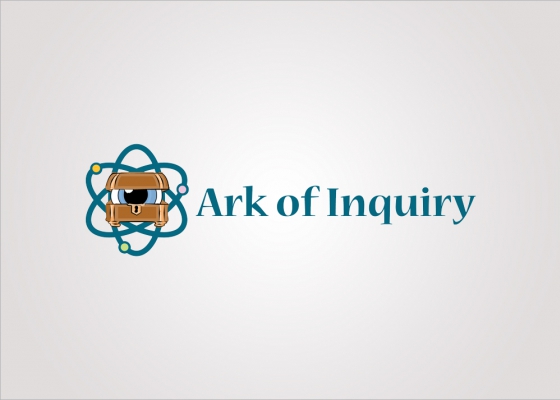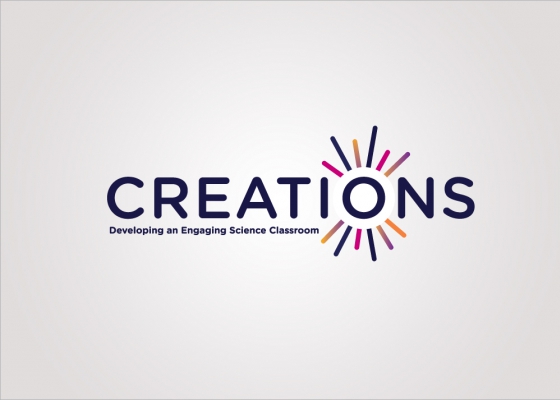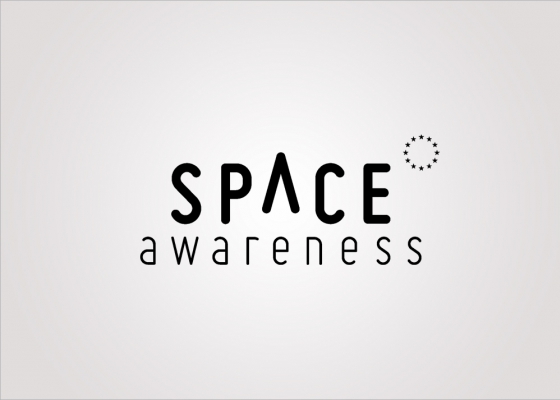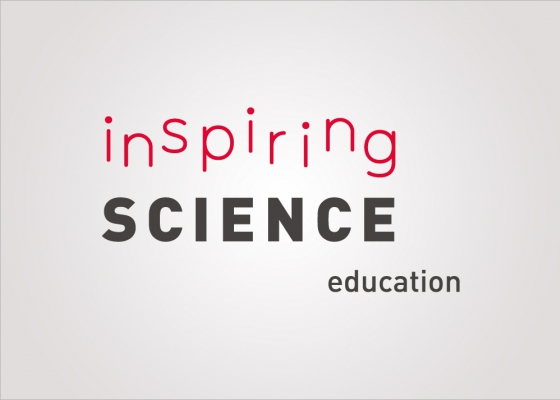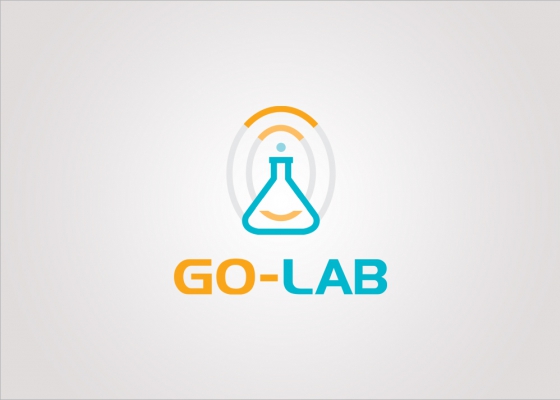THE MARS MISSION
Error message
- Notice: tempnam(): file created in the system's temporary directory in drupal_tempnam() (line 2549 of /home/rd/html/summerschools.ea.gr/includes/file.inc).
- Warning: file_put_contents(temporary://fileqryJD9): failed to open stream: "DrupalTemporaryStreamWrapper::stream_open" call failed in file_unmanaged_save_data() (line 1983 of /home/rd/html/summerschools.ea.gr/includes/file.inc).
- The file could not be created.

Course Description
Join us in an exciting and innovative summer school about Storytelling in the science classroom! We are offering this course for the first time as part of the Inspiring Science Education Summer Academy 2017.
The Stories of Tomorrow course is organized in the context of the project "Stories of Tomorrow: Students’ Visions on the Future of Space Exploration”. Its main objectives are to introduce teachers to the concept of (digital) storytelling, that enjoys a very long tradition in human history, as a catalyst for the effective interaction between Arts and STEM disciplineswhichshare similar values, similar themes and similar characteristics towards promoting students’ Deeper Learning.
Furthermore, a new vision for teaching outlining strategies for how teachers’ roles and conditions can support and enable deeper learning for students will be presented. Moreover, the course will support and facilitate the aforementioned approaches with meaningful digital technologies, such as advanced interfaces, learning analytics, visualization dashboards and Augmented/Virtual reality applications.
This course will therefore include presentations followed by practical sessions and workshops focusing on:
- Concepts and skills of storytelling, inquiry processes and multidisciplinary teaching
- Approaches to effective interaction between Arts and STEM
- Familiarization with the Stories of Tomorrow digital storytelling platform and educational digital repositories
- Assessment of Deeper (Science) Learning of students
- Preparing educational resources and activities and designing and creating stories
- Uploading and sharing digital stories for use in the primary and lower secondary schools
- Hands-on sessions working on creating animations, videos and resources related to science.
- Building a community of educators that will collaborate in the next few years and test their storytelling approach within the framework of the “Stories of Tomorrow” project
Exploration and pioneering have inspired and shaped civilizations since the dawn of history. Such endeavours are distinguishing characteristics of an advancing civilization. As people explore, they discover, innovate, prosper, lead— and become great. In the Stories of Tomorrow project and in this course, we have selected as the main topic a major challenge for the humankind: The journey to Mars. Space missions, both robotic and human, expand the knowledge of our planet, our solar system, and the universe, leading to the expansion of humankind itself from the Earth to the Moon, Mars, and beyond.
The challenge of bringing life to Mars pushes us towards a deeper understanding of our anatomy and demands creative solutions to sustain humans in the journey to the red planet. NASA and ESA are planning to send people to Mars in the next 15 to 20 years. The students of today – maybe one of the students who will be involved in the project in case it is approved – will be among the first people to set foot on the surface of Mars.
Participation in this course can be funded by the Erasmus+ Programme (Key Action 1, Mobility project for school education staff).
Years
Related Courses
GET IN TOUCH
- Dimitriou Panagea,
Pallini, Athens, GR - Phone: +30 2108176790
- Email: summerschools@ea.gr

